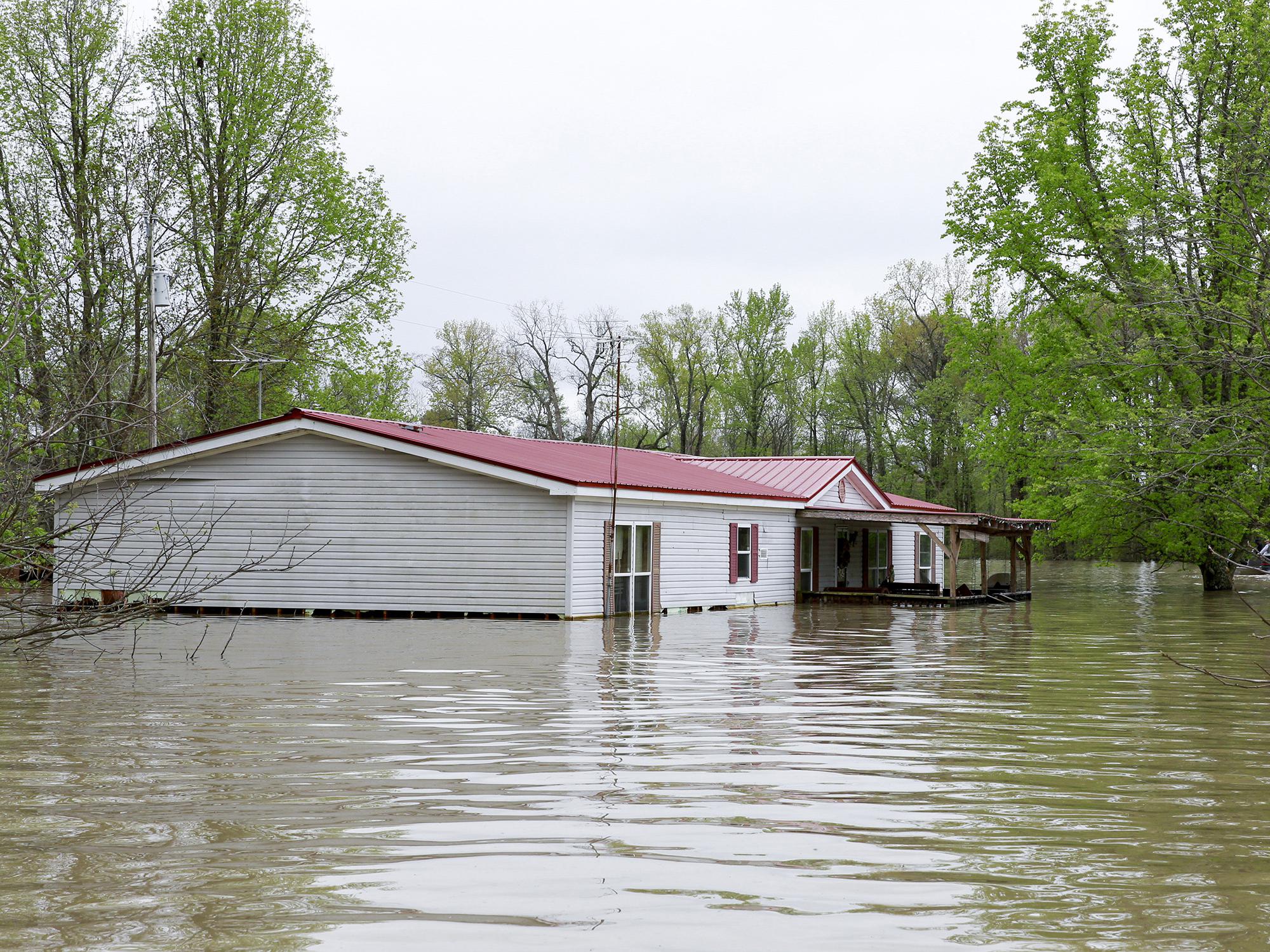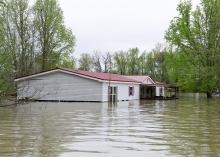Information Possibly Outdated
The information presented on this page was originally released on June 19, 2019. It may not be outdated, but please search our site for more current information. If you plan to quote or reference this information in a publication, please check with the Extension specialist or author before proceeding.
After disasters, beware of frauds, scammers
LOUISVILLE, Miss. -- Flood and storm victims must brace themselves for the next threat approaching their neighborhoods: scammers looking for fast, easy money at the expense of others.
Susan Cosgrove of the Mississippi State University Extension Service in Winston County said some of the most common cons include imposter scams, debris removal and clean-up, and shoddy repairs and construction.
“Be skeptical of anyone who promises to clean up immediately,” she said. “Always ask to see identification of anyone who wants to enter your home or business. Check signage on vehicles for local addresses and phone numbers. Warning signs would be if the contractor has no physical address or refuses to show identification.”
Cosgrove encouraged flood or storm victims to check contractors for any complaints filed against them with the Mississippi Better Business Bureau or the Mississippi Attorney General’s Office Division of Consumer Protection.
“Ask any contractor to show you a current license and certificate of insurance. If a contractor tells you the work is covered by your insurance, call your insurance company to confirm,” she said. “Pay with a credit card or check, definitely not a debit card. Be skeptical if the contractor demands full payment up front or in cash only.”
Cosgrove also discouraged consumers from disclosing personal financial information to “speed up payment” to start the repair. Avoid signing any contract without enough time to review all the details.
“Certainly, never give any personal financial information, such as an insurance number or Social Security number,” she said.
Kymberly Roberts of the Better Business Bureau serving Mississippi said in-state licenses may not be required for smaller projects, but registration still indicates a level of reliability for any contractor.
“After a disaster, contractors come out of the woodwork from other states. They often just drive up and knock on doors offering their services,” Roberts said. “Senior adults are especially vulnerable and should reach out for advice before entering into an agreement with someone they have just met.”
In addition to the Better Business Bureau or the Attorney General’s Office, Roberts suggested contacting the Mississippi Board of Contractors to see if the company is licensed and complaint free.
“These fly-by-night contractors are among the top five complaints we receive, so whenever major work is needed, check references and make sure they have insurance before allowing any work to be done on the property,” she said.




